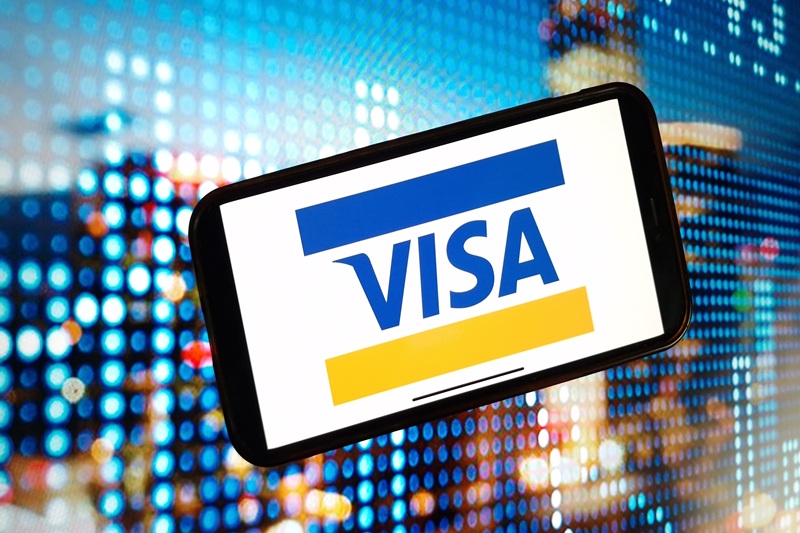
(C): Twitter
Visa has successfully defeated a proposed class action lawsuit accusing the payments giant of not warning consumers that its prepaid Vanilla gift cards were susceptible to theft via a scam called “card draining”.
In Manhattan, U.S. District Judge Gregory Woods dismissed the case, ruling that it would be unreasonable for consumers to think gift cards would never be susceptible to scams or that if they have the Visa logo, they are completely protected against fraud.
Court Finds No Duty to Warn of Well-Known Risks
Ira Schuman of Scarsdale filed the suit, which stated that eight $500 Vanilla cards he bought in 2022 and 2023 as gifts for employees were emptied by criminals. The suit claimed Visa and its partners failed to inform customers of the risk of card tampering or fraud warnings that could lead to loss of funds.
Nevertheless, Judge Woods concluded that there was wide enough media coverage among the online forum discussions about the practices of card draining scams that the claims had no merit that Visa had not provided a warning. “No reasonable consumer would expect that the allegedly ‘widespread’ practice of third-party scams that impact prepaid cards would somehow not impact one of the major providers in the industry,” he concluded.
Understanding the Card Draining Scam
Card draining is when thieves tamper with the packaging of cards in stores to obtain the account information. As soon as the card is activated, fraudsters rapidly tap into the balance before the rightful owner can use it. According to the U.S. Immigration and Customs Enforcement (ICE), these scams are growing and pose threats to both national security and the financial system.
The case, Schuman v. Visa USA, Inc. et al., was filed in January 2024 and sought damages under New York’s consumer protection statutes. Visa, headquartered in San Francisco, did not issue a statement regarding the court’s decision.
The court’s ruling reflects the growing legal issues of reconciling consumer expectations with fraud prevention in the time of digital payments.







